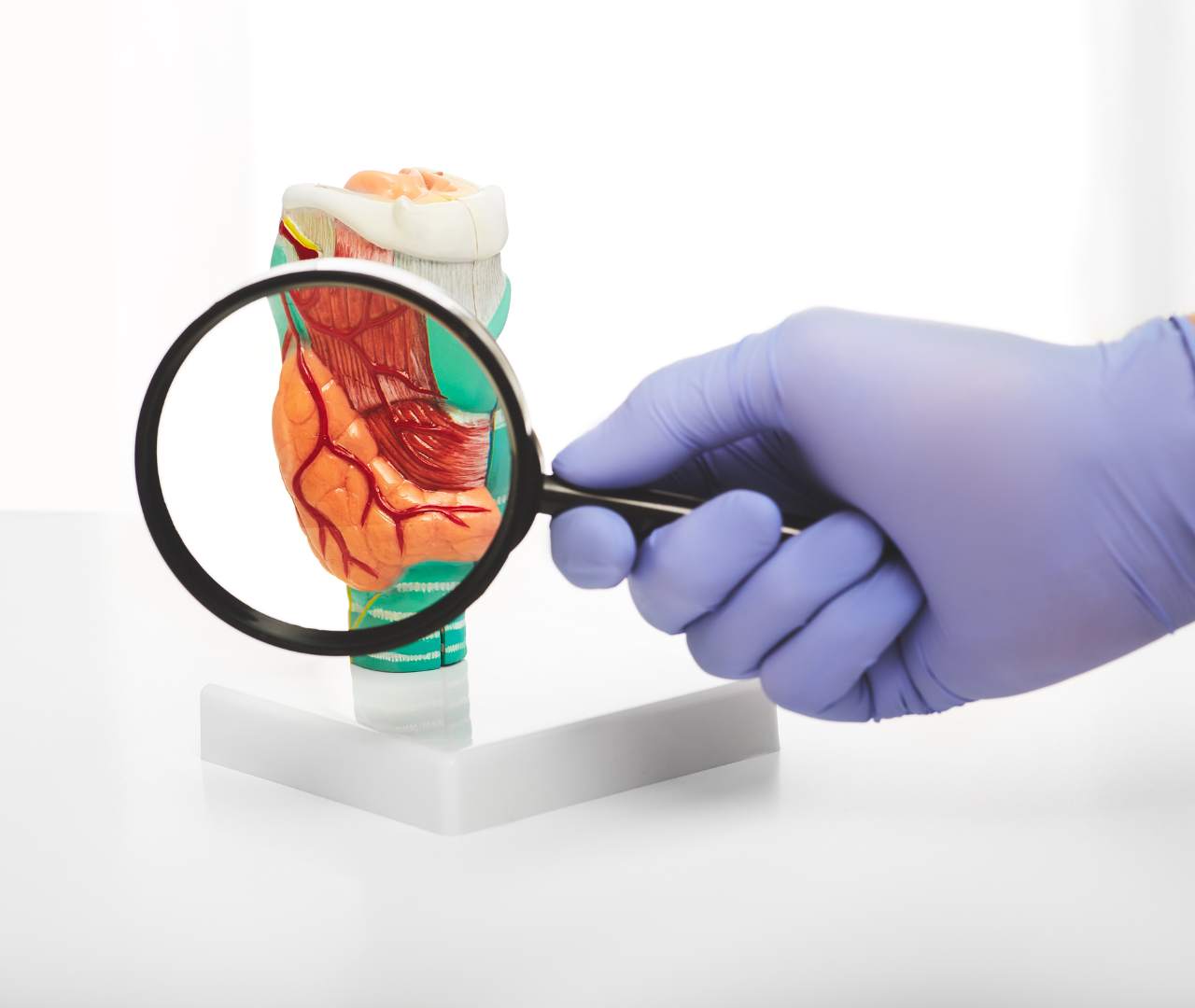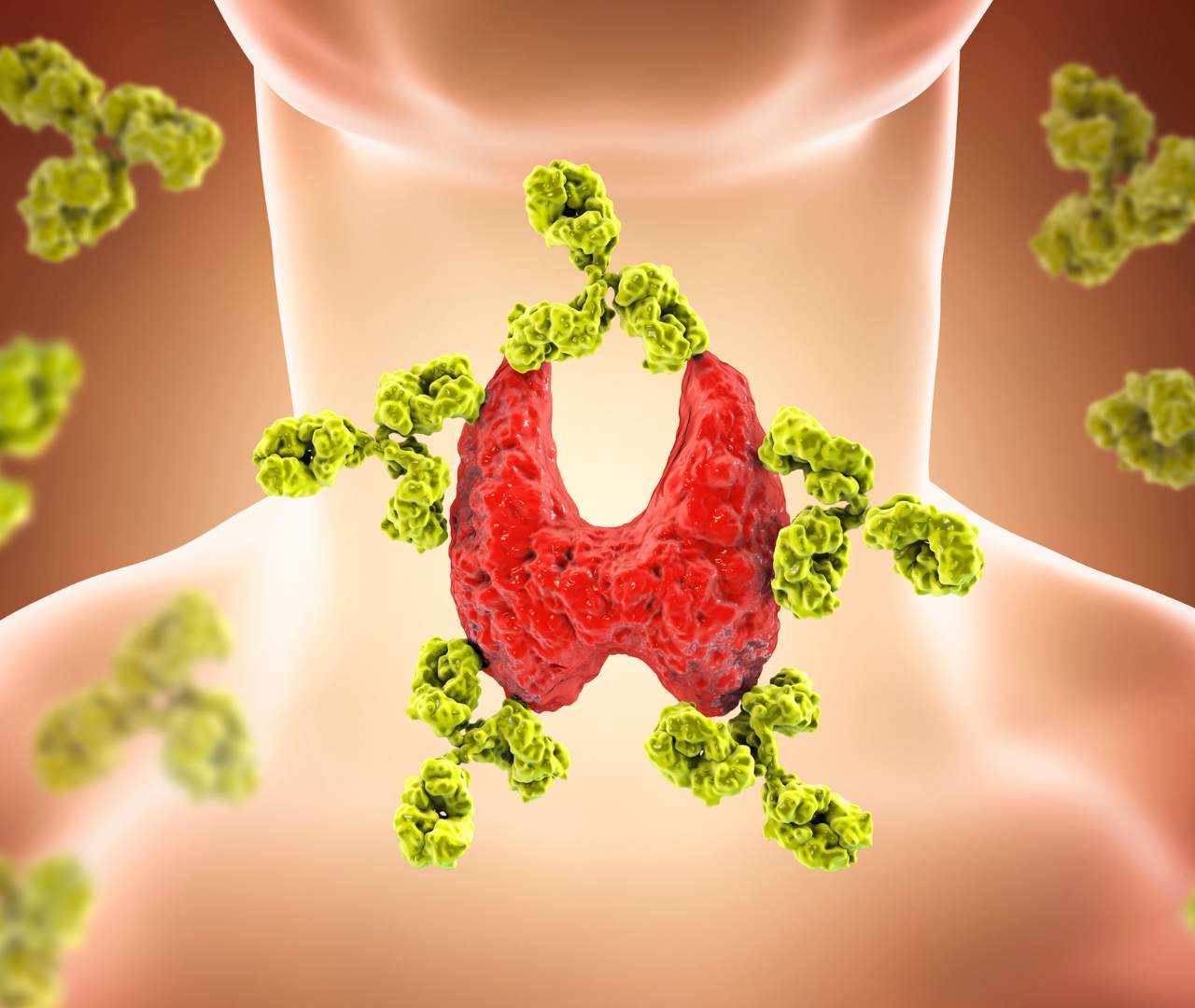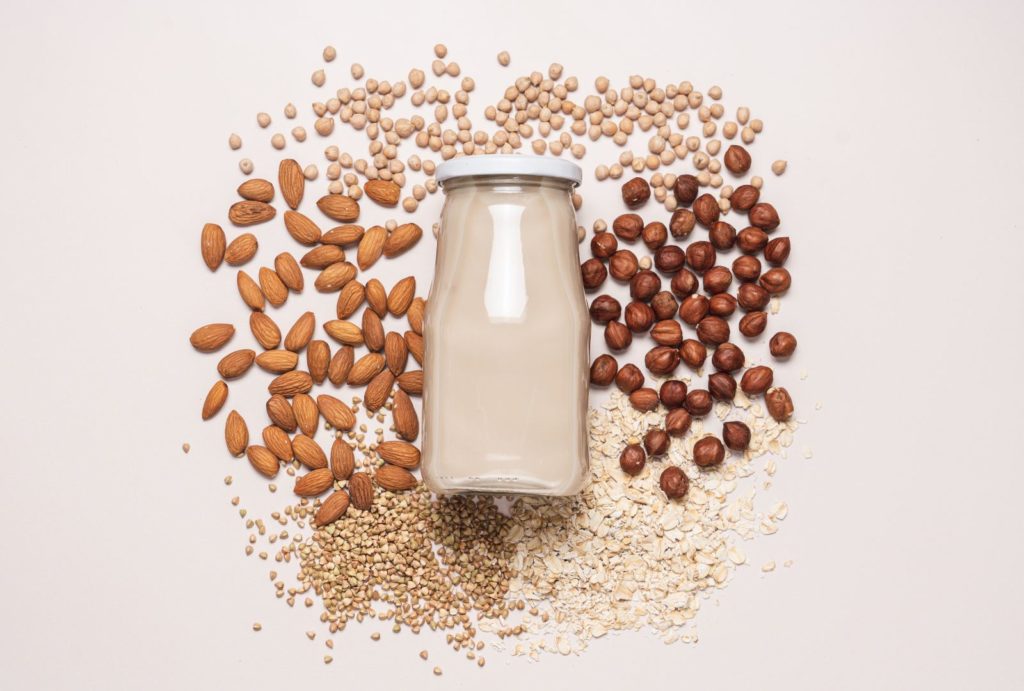First of all, let me start by defining autoimmune conditions. An autoimmune reaction that leads to an autoimmune condition happens when the body mistakenly attacks your own healthy cells and tissues. This leads to chronic inflammation and, according to which cells and tissues are attacked, it is expressed with a wide range of different symptoms.
Diet plays a significant role in managing autoimmune conditions and most of all, clinical studies have proven that the origin of autoimmune reactions stem from dysbiotic guts.

Autoimmune Conditions
Now, there are myriads of autoimmune conditions and just as many dietary recommendations. As functional nutritionist, each case is unique and it would be incorrect to claim that there is a fit-for-all diet. Individual responses to these diets vary and what works well for one person might not be the right approach for another person.
However, I’d like to shed some light on the common principles of the two most well-known dietary approaches to AI conditions. The Paleo AI Diet it’s the most common dietary approach to AI conditions. it is an AI protocol that is a variation of the Paelo diet.
Here, the approach is to eliminate potential trigger foods to reduce inflammation and promote healing. Here are its key principles:
- Elimination of common trigger foods: for example, grains legumes dairy sugar processed foods, alcohol and nightshades vegetables (tomatoes eggplants and peppers)
- Emphasis on Nutrient Dense foods like lean proteins, non-starchy vegetables, healthy fats, and small amounts of fruits only
- Incorporation of Healing Foods: Certain foods have anti-inflammatory and healing properties like organ meats fermented foods bone broth
- Reintroduction: the reduction of inflammation and the healing phase cannot be attained if the elimination phase is not followed by a careful progressive eintroduction phase, that is paramount to identifying specific triggers for each individual
The Wahls Protocol
Another very well-known dietary approach for Multiple Sclerosis (MS) is the Wahls Protocol.
Dr Terry Wahls is a physician who was diagnosed with progressive multiple sclerosis and as she saw her mobility decline, she embarked in a journey to treat her symptoms. She developed a dietary and lifestyle approach that helped her interrupt the progression of her AI condition and restore her mobility. She experienced significant progress in her health and energy levels and went from being confined to a wheel chair for 4 years to be able to bike to work every day. Her diet and her research are an inspiration to many and must be part of the medical treatment plans for MS.
Her protocol concentrates on nutrient dense foods to reduce inflammation and support brain health. Below the three main aspects of her protocol:
- Emphasis on vegetables: a wide variety of vegetables are present in the Wahls protocol, such as leafy greens, colorful vegetables and fruits, and sulfur rich vegetables like cruciferous, onions, garlic.
- Inclusion of nutrient-dense foods: anti-oxidants, Omega 3 rich foods, vitamins minerals to support neurological health.
- Elimination of potential food triggers: elimination of processed foods, sugar, grains, dairy and legumes.

Choosing A Diet for Autoimmune Conditions
It is important to underline again, that food plays a central role in an individual’s health and an appropriate diet can help successfully manage autoimmune conditions. However, each person’s response to dietary changes can vary and it is advised to consult and work closely with a specialized clinician before implementing dietary modifications.




